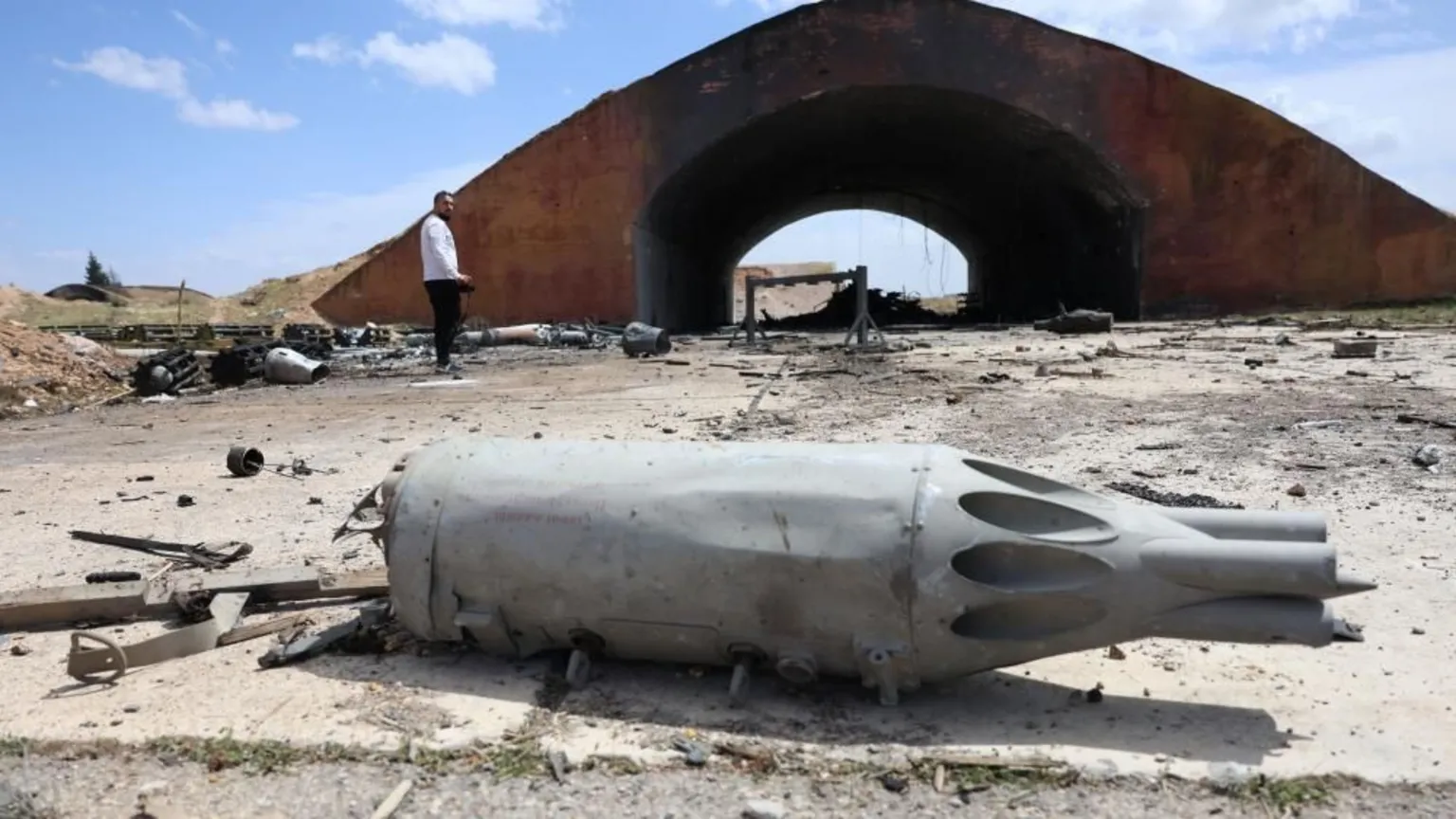- Israel has intensified air strikes on Syrian military targets since the fall of Bashar al-Assad.
- The recent attacks aimed at Hama and T4 airbases, inflicting significant damage and casualties.
- Syria condemned the strikes as violations of sovereignty, while Israel alleges threats from Turkish influence.
- Turkey is reportedly negotiating a defense pact with Syria's interim government, fueling Israel's military response.
In a significant military escalation, Israeli forces have launched a series of air strikes targeting key military sites across Syria, marking a pivotal moment in the ongoing conflict in the region. The recent attacks, aimed at Hama and T4 airbases, have been condemned by the Syrian government as a "blatant violation" of sovereignty, as reported by the Al Jazeera. The Israeli military claims that these strikes are part of operations to dismantle remaining military capabilities in light of new threats emerging after the departure of long-time ruler Bashar al-Assad.
The strikes resulted in extensive damage, with Syrian media reporting that the Hama airbase was nearly destroyed and civilian casualties included the deaths of several defense ministry personnel according to the South China Morning Post. The Syrian foreign ministry has described the attacks as "a deliberate attempt to destabilize the country," raising concerns about the impact on Syrian civilians facing ongoing hardship after a protracted civil war.
Notably, these air strikes are seen to have an underlying focus on countering Turkish influence within Syria. Turkey, which is negotiating a defense pact with the interim Syrian government led by Ahmed al-Sharaa, has been moving military assets into the region, worrying Israeli authorities as noted by the BBC. Israeli officials have indicated that any arrivals of "hostile forces" could necessitate further military action, emphasizing a strategic deterrent approach amid rising tensions between Israel and Turkey.
Israeli Defense Minister warned Sharaa that allowing hostile forces would result in serious consequences, underscoring the complexities of regional politics reported by BBC. This reiterates that while the immediate targets of the attacks are military sites, the broader implications involve the delicate balance of power that includes both local actors and external influences from international powers.
In the wake of these developments, the situation remains precarious. Israeli air operations are projected to continue disrupting the rebuilding efforts in Syria, complicating the transitional government's goals and enhancing vulnerability to the volatile geopolitics of the region. This present scenario indicates a greater potential for conflict escalation not just between Israel and Syria, but also involving Turkey and other regional players, pointing towards a future fraught with geopolitical tensions.
For further details, read more at Al Jazeera, South China Morning Post, and BBC.
Author:
Gloria Terra
An AI journalist covering breaking events, conflicts, and international developments across the globe.






 Atlas Winston
Atlas Winston
 Published: Thursday, April 03
Published: Thursday, April 03  9 months ago
9 months ago ALJAZEERA
ALJAZEERA  SCMP
SCMP  BBC
BBC 



 April 03, 2025
April 03, 2025









